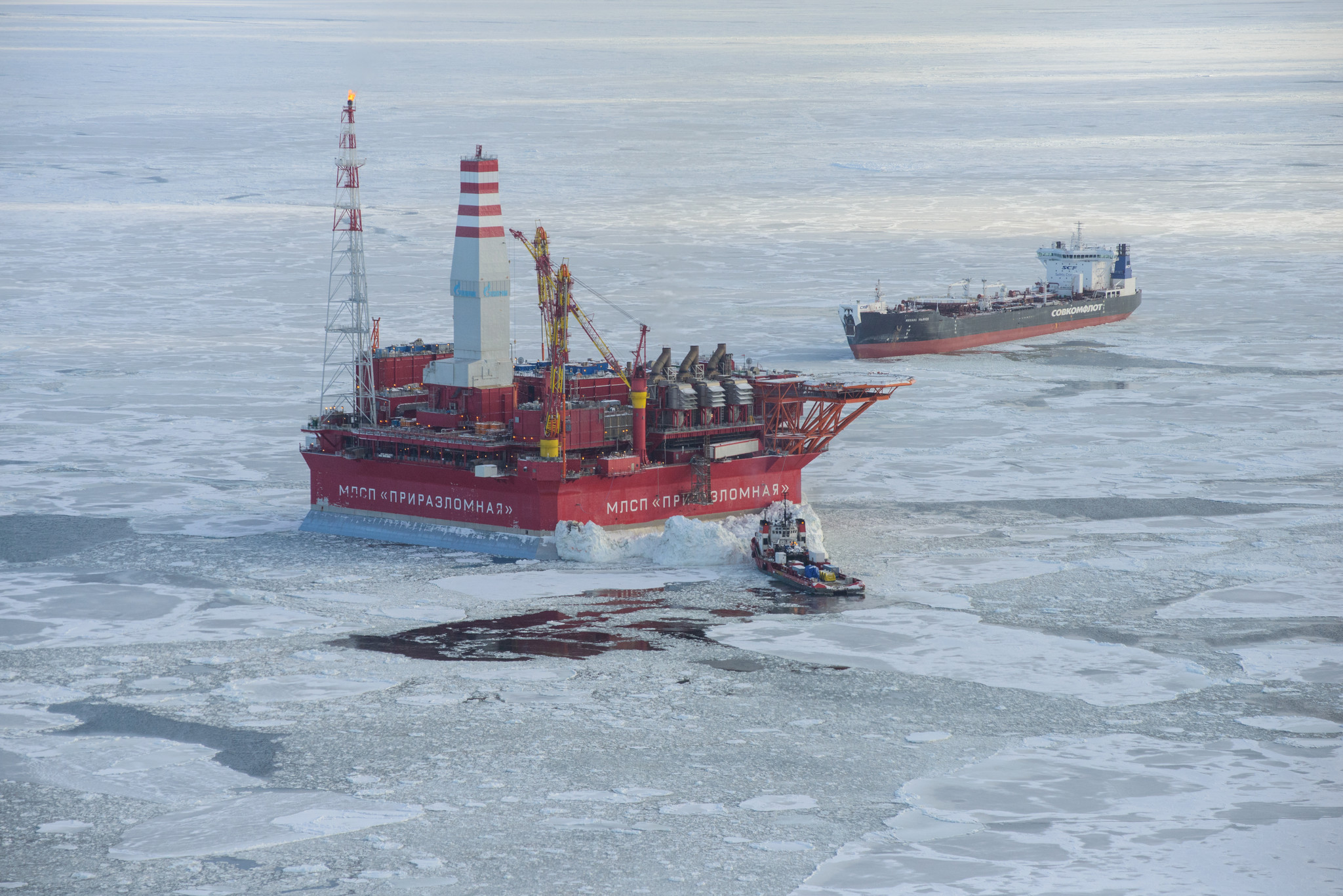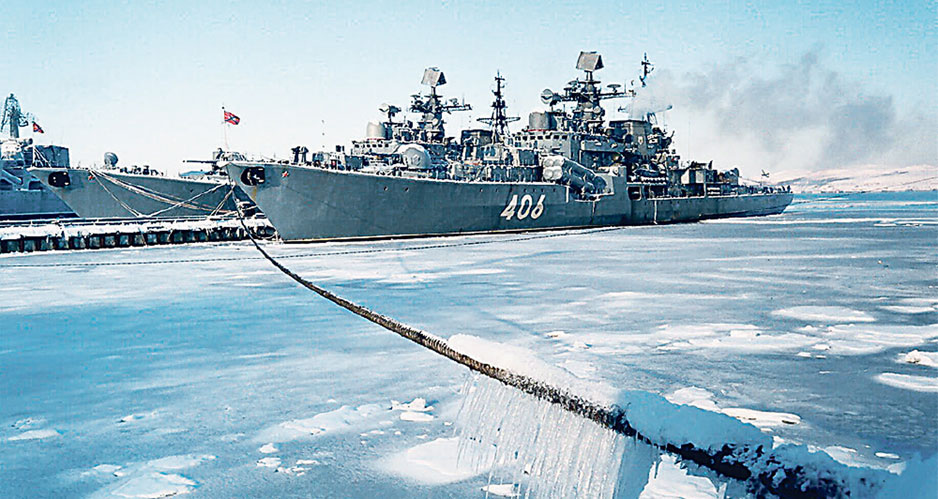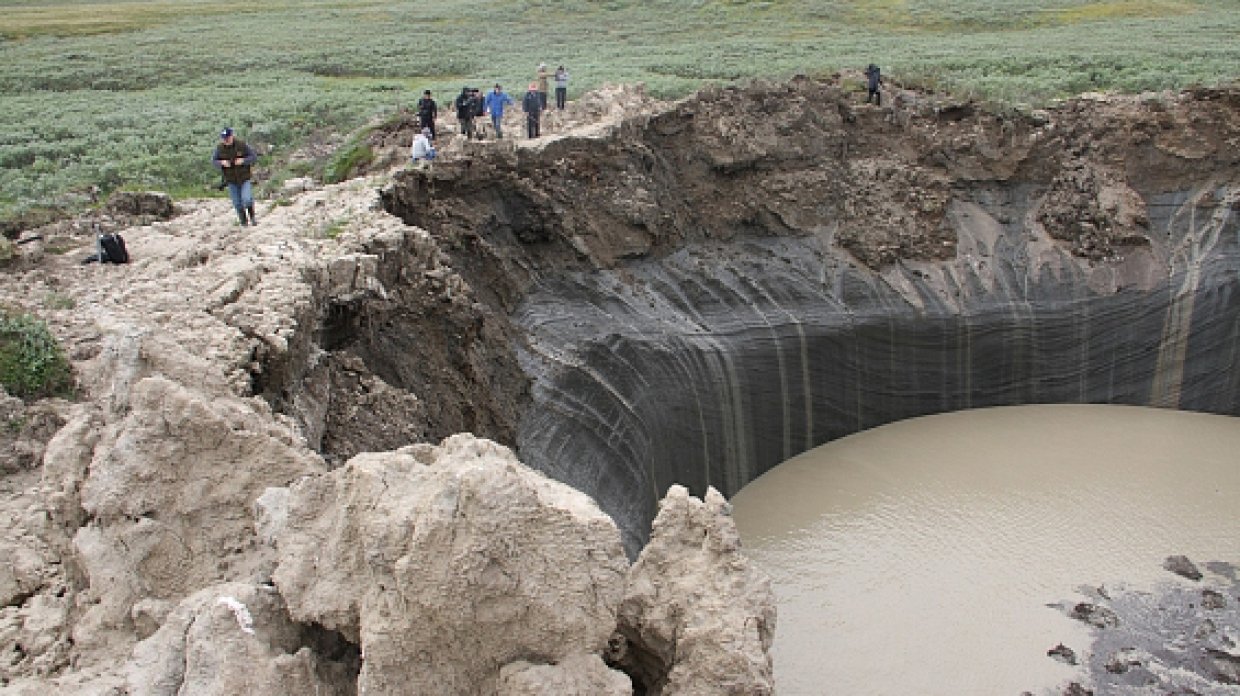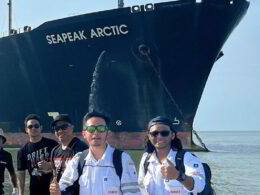After almost 20 years of Russian lobbying, a subgroup of the UN Commission on the Limits of the Continental Shelf has declared that much of the Arctic seabed is an extension of Russia’s continental shelf. If that is confirmed by the entire commission, Moscow’s claims to the Arctic will have gained significant international recognition.
Russian officials are jubilant. Yevgeny Kiselyev, who heads the Russian agency that oversees questions of natural resources and territorial arrangements about them, told TASS that the decision was “extraordinarily important for us.”
And that in turn will give it a much stronger claim for controlling access to natural resources and the passage of ships even far from its coastline.
Russian commentator Aleksandr Dubrovsky is equally excited about the consequences. In an article entitled “The Arctic is Returned Home,” he says that what the sub-commission has done works to Moscow’s advantage even if the full committee eventually decides not to include all the territory that the sub-commission has.
But Western experts say that the Russian enthusiasm may be overstated: Michael Byers of the University of British Columbia
says that the UN commission is not in the business of defining borders but rather ruling on the validity of geological data presented to it.
That suggests the issue is far from resolved, although there is one reason Moscow may have for thinking it has made progress toward achieving its goal in this region. Defining the borders does come under the international Law of the Sea Convention, something Moscow is a signatory to but the US has not ratified.
Consequently, resistance to what Russia hopes to get from this decision will have to be led by other countries which may have more immediate interests in the Arctic but do not have the equivalent geopolitical clout, especially after the decision by the sub-commission tilts the discussion in Russia’s favor.
Read More:
- Global warming threatens Moscow’s Arctic development plans and the lives of people there
- Moscow acting in the Arctic the way Beijing is in the South China Sea, French analyst says
- Foreign naval vessels can use Northern Sea Route only with Russia’s advance approval, Moscow says
- A single methane ‘bubble’ explosion from global warming could cut Russia off from 89% of its natural gas
- Where Russia is already beginning to collapse – the Permafrost Zone in the Far North
- Russia, among the most corrupt countries in the world, now using it as a weapon against others
- Putin’s export of corruption — a key part of his hybrid war against the West, Babchenko says
- Putin’s ‘secret weapon’ against the West – massive illegal cash hordes in foreign countries





